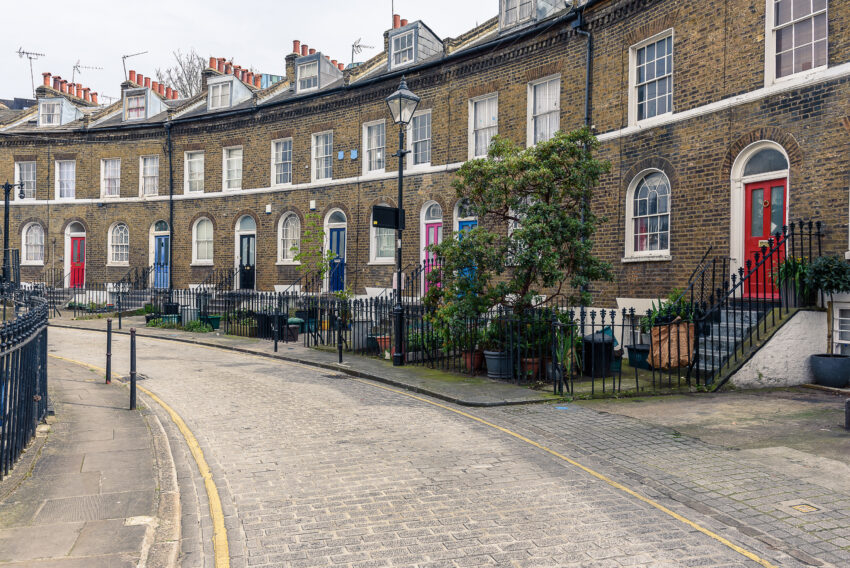Mortgage Payments Set to Surge by Over £200 Ahead of Autumn Election
Analysis indicates that mortgage payments for approximately 800,000 homeowners are poised to skyrocket by more than £200 per month before the anticipated late-autumn election. Read more: Mortgage Payments Set to Surge by Over £200 Ahead of Autumn Election


Analysis indicates that mortgage payments for approximately 800,000 homeowners are poised to skyrocket by more than £200 per month before the anticipated late-autumn election.
Despite declining inflation, the Bank of England’s monetary policy committee is anticipated to maintain borrowing costs at 5.25 per cent during its meeting today, extending the 16-year high for at least another month. Markets project a potential 0.25 percentage point reduction in rates starting next month.
However, insights from the Financial Conduct Authority reveal that an average of 4,200 households daily are transitioning from fixed-rate deals to deals with higher payments. By mid-November, around 868,000 households are expected to endure an average increase of £240 per month in their mortgage payments.
Recent data highlights a surge in fixed mortgage rates, with the average five-year fixed rate surpassing 5 per cent for the first time since January, and up from 4.56 per cent a year ago. The average two-year fixed mortgage rate has climbed to 5.41 per cent from 4.84 per cent a year earlier.
Experts attribute the rise in fixed-rate mortgages to market expectations of slower rate cuts by the Bank of England compared to initial forecasts earlier this year.
Research conducted by the Liberal Democrats, in collaboration with the House of Commons library, indicates that homeowners in London and the “blue wall” constituencies will bear the brunt of the remortgaging burden before November. London is expected to witness 104,000 homeowners remortgaging, with 86,000 affected properties in the southeast and 103,000 households in the southwest facing higher mortgage payments.
Financial markets predict at least two quarter-point rate cuts by year-end, reflecting a decline in UK inflation from 4 per cent to 3.2 per cent earlier than anticipated.
Deputy Governor of the Bank, Dave Ramsden, hinted at a possible downward revision of inflation forecasts, fueling speculation of impending rate cuts. Bank Governor Andrew Bailey’s remarks in March indicated a readiness to advocate for monetary policy easing.
Market analysts suggest that the Monetary Policy Committee, led by Bailey, may start cutting rates sooner than expected. While markets fully price in a UK rate reduction from September onwards, an earlier cut could bolster Chancellor Sunak and Jeremy Hunt’s economic narrative. However, Shadow Chancellor Rachel Reeves contends that the economic challenges faced by homeowners remain significant, irrespective of any interest rate adjustments.
Read more:
Mortgage Payments Set to Surge by Over £200 Ahead of Autumn Election






















